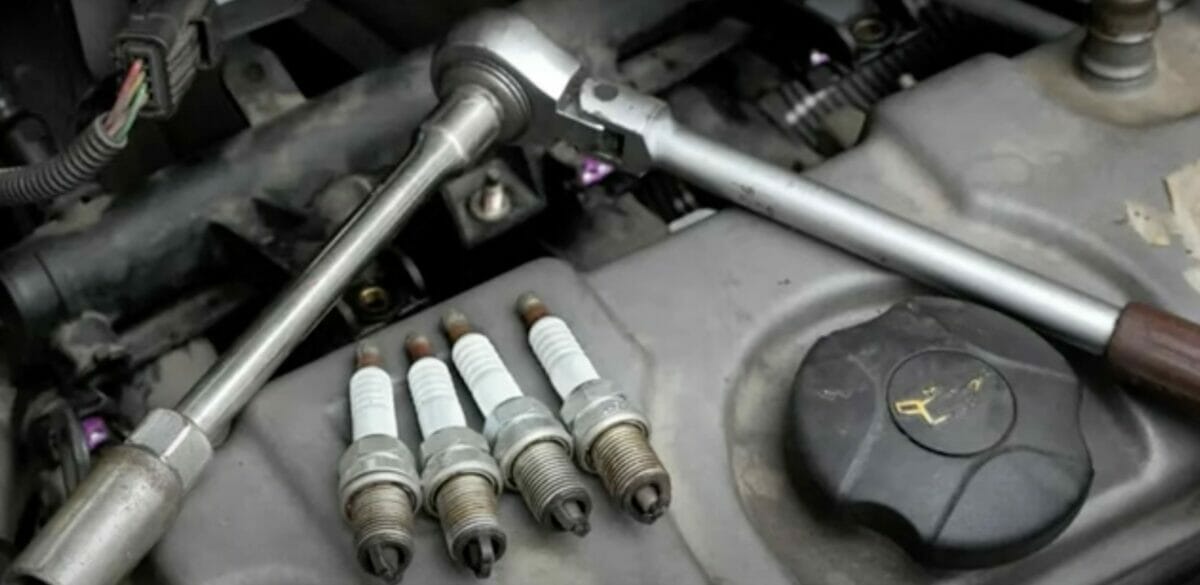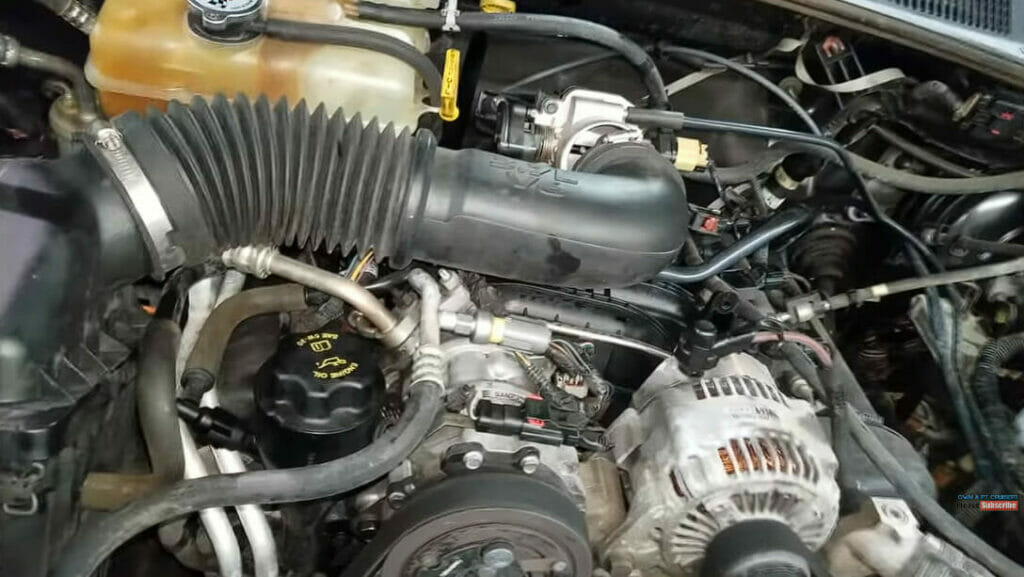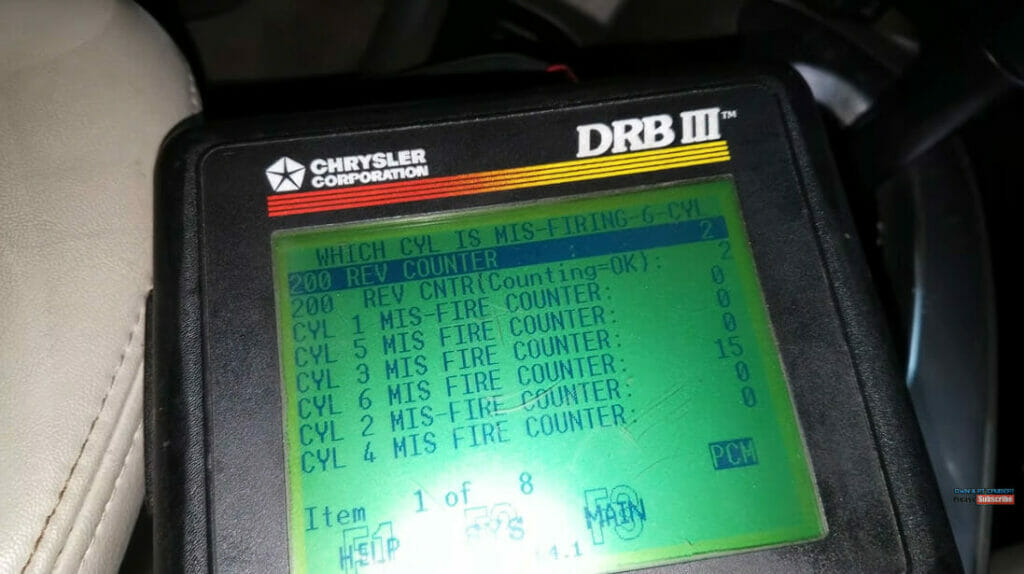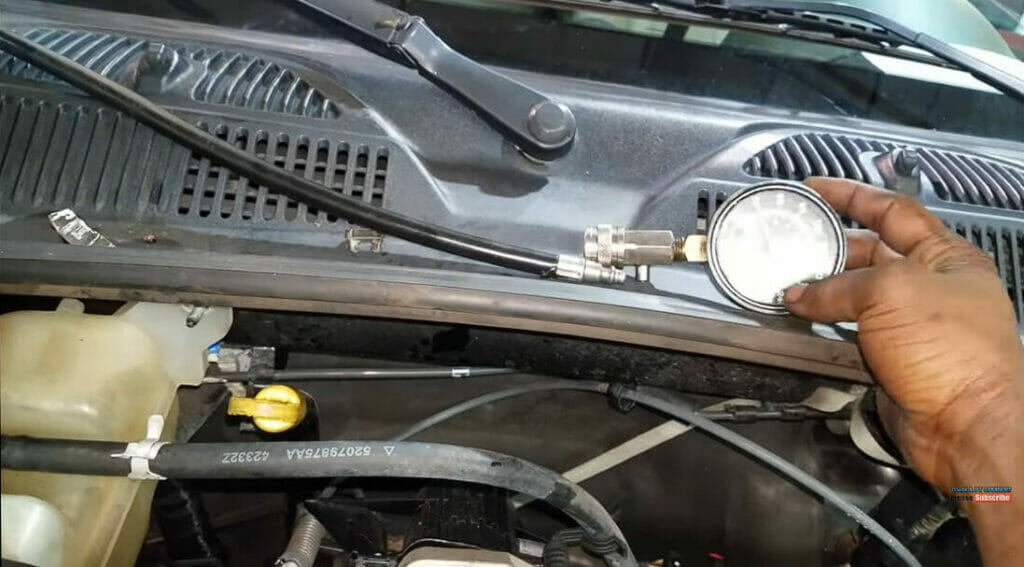Can a Bad Battery Cause a Misfire? (How & Tips)

Contents
ToggleOne common issue many drivers face is engine misfires. Now, you’re wondering if something as seemingly unrelated as a bad battery could cause a misfire.
Yes, a bad battery can indeed be behind that pesky misfire. It turns out that when a battery’s not performing up to par, it can cause some funky things to happen with the injectors and ignition system.
But don’t worry, folks, because I’ll walk you through the ins and outs of misfires and how a struggling battery can play a role in it all.
Battery and Misfire Connection

How a Weak Battery May Cause a Misfire
The battery in a vehicle is primarily responsible for starting the engine and powering the electrical components when the engine is not running.
When the engine runs, the alternator usually provides power to the electrical systems and recharges the battery.
Thus, a bad or failing battery could indirectly cause an engine to misfire.

Here’s how:
- Corrosion on Battery Terminals: The first suspect here is your battery terminals. Corrosion and losing connections at the terminals can affect the voltage of your engine’s ignition system, causing a misfire.
- Insufficient Power to Spark Plugs: The engine’s ignition system relies on the battery for power, especially during start-up. If the battery cannot provide enough power, the spark plugs may not ignite the fuel-air mixture in the cylinders properly, leading to a misfire.
- Erratic Sensor Readings: Many modern vehicles have an array of sensors that monitor everything from the amount of oxygen in the exhaust to the temperature of the coolant. These sensors require a stable power supply to operate correctly. A failing battery could provide inconsistent power, leading to erratic sensor readings. These inaccurate readings could cause the engine control unit (ECU) to adjust the fuel-air mixture improperly, potentially leading to a misfire.
- ECU Malfunction: If the battery cannot provide consistent power, it might affect the vehicle’s computer systems, including the ECU. The ECU controls many aspects of the engine’s operation, including the timing of the spark plugs. If it malfunctions due to an inconsistent power supply, it could lead to an engine misfire.
So, folks, keep an eye on those batteries and ensure they’re in tip-top shape to avoid misfires and related issues!
That said, if your engine is misfiring, it’s advisable to have a mechanic diagnose the problem as soon as possible to avoid causing further damage to your vehicle.
Potential Diagnostic Codes for Misfires Due to a Bad Battery
| Diagnostic Code | Description |
|---|---|
| P0300 | Random/Multiple Cylinder Misfire Detected |
| P0301, P0302, P0303 etc. | Cylinder-specific misfire codes (the last digit refers to the cylinder number) |
| P0335 | Crankshaft Position Sensor A Circuit Malfunction |
| P0340 | Camshaft Position Sensor Circuit Malfunction |
Diagnosing and Fixing the Problem
Checking the Battery

So, you’ve got a misfire and aren’t sure if it’s because of a bad battery? Well, let me tell you – when that check engine light comes on, I first like to look at the battery terminals.
Those connections can sometimes get loose or corroded, which might be the culprit.
I’ve seen it repeatedly – a simple tightening or cleaning of the battery terminal connections can fix the problem.
But what if that’s not enough? When I suspect a dead or dying battery, I break out my multimeter and test the battery voltage.
Anything below 12.4 volts might indicate that the battery is on its way out and could be causing the misfire.
Step-by-Step Guide to Diagnose a Misfire Potentially Caused by a Bad Battery
| Step | Procedure |
|---|---|
| 1 | Check the battery voltage |
| 2 | Scan for trouble codes |
| 3 | Inspect the spark plugs |
| 4 | Check the ignition coils |
| 5 | Test the fuel injectors |
| 6 | Check the timing chain/belt |
Addressing Misfires

If we’ve ruled out the battery, it’s time to dig deeper. In my experience, one of the common causes of misfires is a problem with the spark plugs.
I like to take them out and inspect them for signs of fouling or wear. If they’re dirty or worn out, I recommend replacing them.
Sometimes life isn’t that simple, and we must look at the fuel system. A bad battery can also affect the fuel pump, causing a lean fuel mixture that leads to misfires.
In such cases, I’ll ensure the fuel system functions properly by checking the fuel pressure and ensuring the injectors work as they should.
Don’t forget other potential culprits like ignition modules, sensors, and distributor caps.
With some investigation and elbow grease, you can get to the bottom of your misfire problem and get your vehicle back in tip-top shape.
So don’t sweat it if you’ve got a misfire on your hands – you’ve got the knowledge to fix it and keep on rolling.
| Solution | Description |
|---|---|
| Battery Replacement | If the battery is old or tests bad, replace it |
| Spark Plug Replacement | Replace the spark plugs if they are old, damaged, or dirty |
| Ignition Coil Replacement | If an ignition coil is faulty, replace it |
| Fuel Injector Cleaning or Replacement | Clean or replace clogged fuel injectors |
Average Cost of Fixes for Misfires Caused by Bad Batteries
| Fix | Average Cost Range |
|---|---|
| Battery Replacement | $100 – $200 |
| Spark Plug Replacement | $50 – $150 per spark plug |
| Ignition Coil Replacement | $200 – $400 per coil |
| Fuel Injector Cleaning or Replacement | $50 – $800, depending on the number of injectors and labor |
References
Studies:
- Misfire Detection Using Crank Speed and Long Short-Term Memory Recurrent Neural Network. https://www.mdpi.com/1996-1073/15/1/300
Organizations:
- Society of Automotive Engineers (SAE). https://www.sae.org
Books:
- “Automotive Technology: Principles, Diagnosis, and Service” by James D. Halderman
Video Reference
Online Mechanic Tips
How helpful was this article?
Were Sorry This Was Not Helpful!
Let us improve this post!
Please Tell Us How We Can Improve This Article.
